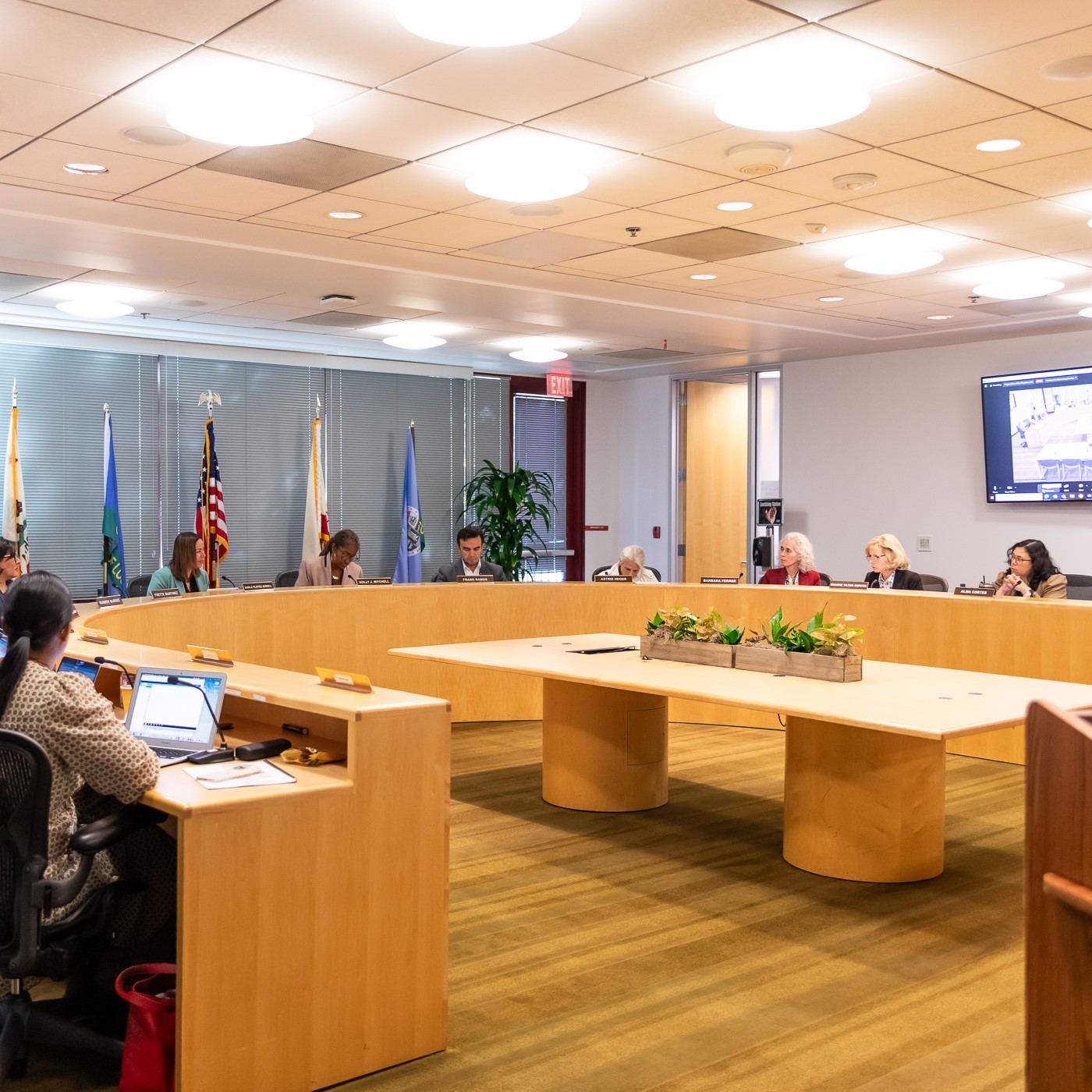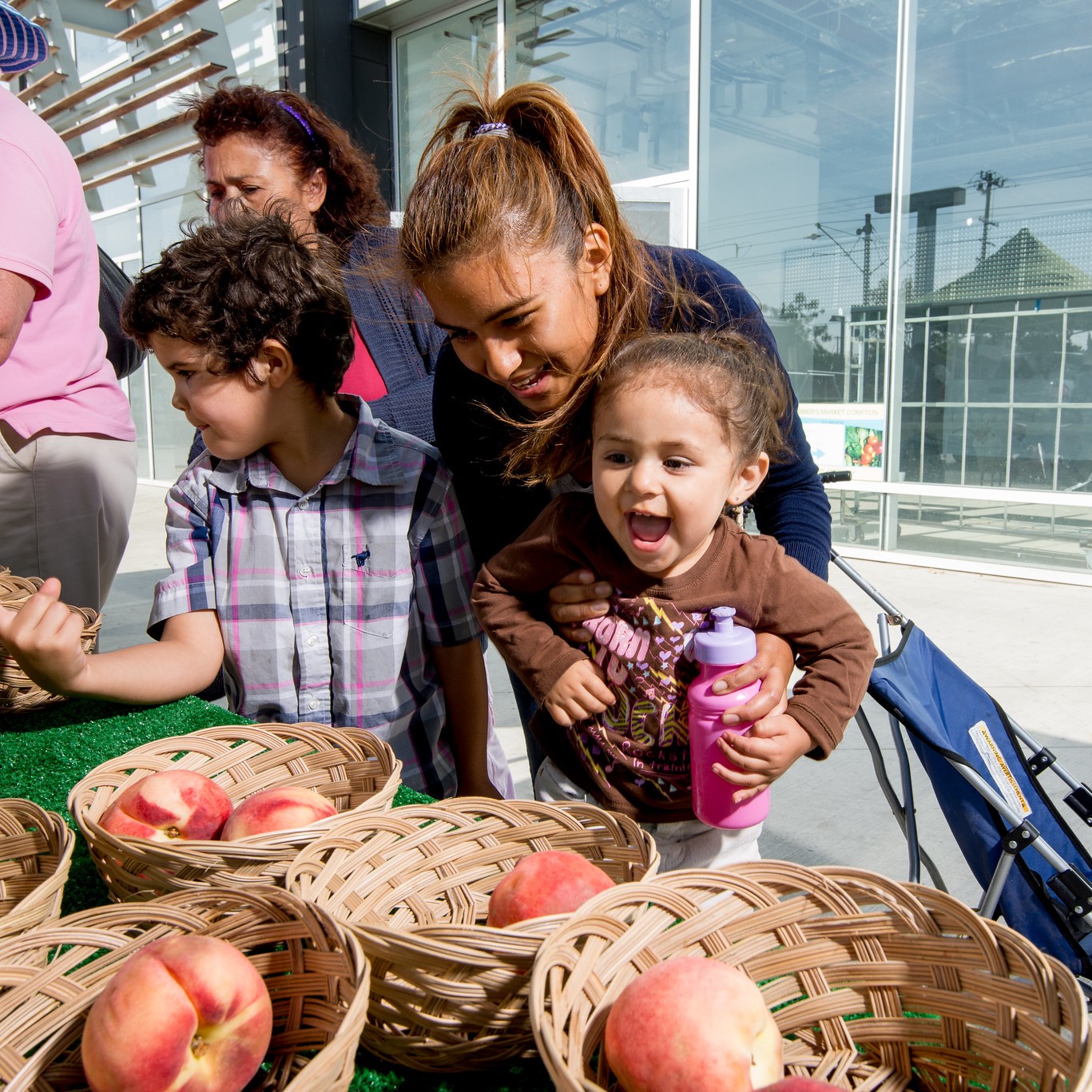Solidifying his commitment to California’s youngest children, Governor Gavin Newsom on June 27 signed his 2019-2020 budget that includes nearly $2.8 billion focused on early childhood development priorities. Advancing a whole child approach, these significant investments will strengthen families, improve child health and development, and fortify the state’s early care and education system.
Fulfilling commitments put forward in his inaugural address, the budget makes a significant down payment on the essential services and supports needed for California’s children and families to thrive.
In commending the governor’s efforts and acknowledging his alignment with First 5 LA’s commitment to ensuring all children in LA County enter kindergarten ready to succeed in school and life, First 5 LA Executive Director Kim Belshé said, “Governor Newsom and the Legislature have crafted a comprehensive approach to start meeting the critical needs of California’s youngest children. With budget commitments to family strengthening services through home visiting, developmental and trauma screenings, as well as investments to strengthen California’s early learning system, Governor Newsom, Speaker Rendon and Senate Pro Tem Atkins deserve credit for creating a strong foundation for our state’s future.”
 [Picture Courtesy of Gov. Newsom’s Twitter @GavinNewsom]
[Picture Courtesy of Gov. Newsom’s Twitter @GavinNewsom]
Among the new investments in early childhood development is more than $135 million to expand the California Home Visiting Program and CalWORKs Home Visiting Initiative, programs that help build strong families and promote optimal child development at the earliest moments possible; $800 million to expand the Earned Income Tax Credit to provide economic relief to California’s working families; expanding paid family leave opportunities so parents can focus on caring for their children; and $348 million to increase CalWORKs grants to ensure no family receiving cash aid in California lives in deep poverty.
The budget also includes $95 million to improve rates of developmental screenings, an essential step toward connecting children with developmental delays and their families to services, and screenings for adverse childhood experiences (ACEs) to build a more responsive and trauma-informed healthcare delivery system. An additional $50 million will support training for providers conducting ACEs screens. The budget also makes a significant investment in strengthening the state’s early care and education (ECE) system, expanding access to child care and state preschool programs, investing in critical ECE infrastructure including facilities and the workforce, and funding the creation of a Master Plan for early childhood development to ensure California provides affordable access to high-quality early learning services.
In addition to committing significant resources from the state’s increased general fund revenues, the budget diversifies funding for child development programs by directing federal Medicaid matching funds to child health services and directing a portion of taxes raised from the sale of cannabis, established by the passage of Proposition 64, to support early learning, a critical early intervention shown to build strong families, children, and communities.
First 5 LA’s Kim Pattillo Brownson, vice president of Policy and Strategy, emphasized the Governor and Legislature have also shifted the debate by recognizing the needs of working and poor families. “They are not shying away from bread and butter economic issues, but instead addressing head-on the harsh economic realities facing too many California families,” said Pattillo Brownson.
Belshé commended Governor Newsom and the Budget Conference Committee for crafting a balanced budget that reflects a strong, comprehensive commitment to California’s children and families.
“Governor Newsom and the Legislature have crafted a comprehensive approach to meeting the critical needs of California’s youngest children. With budget commitments to family strengthening services, Newsom and legislative leaders deserve great credit for creating a strong foundation for our state’s future.”
“We look forward to continuing our work with the governor and legislative leaders to advance this progress,” said Belshé. “Continuing to prioritize young children in policy and budget decisions benefits every Californian.”








